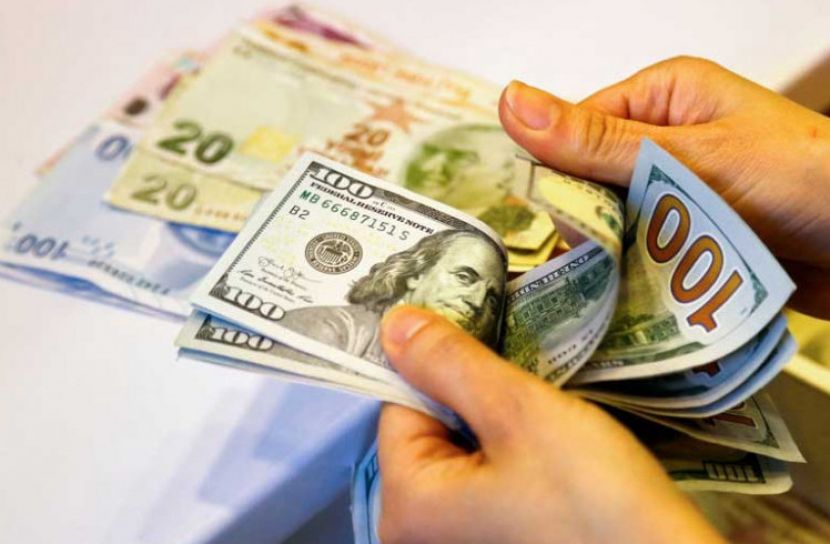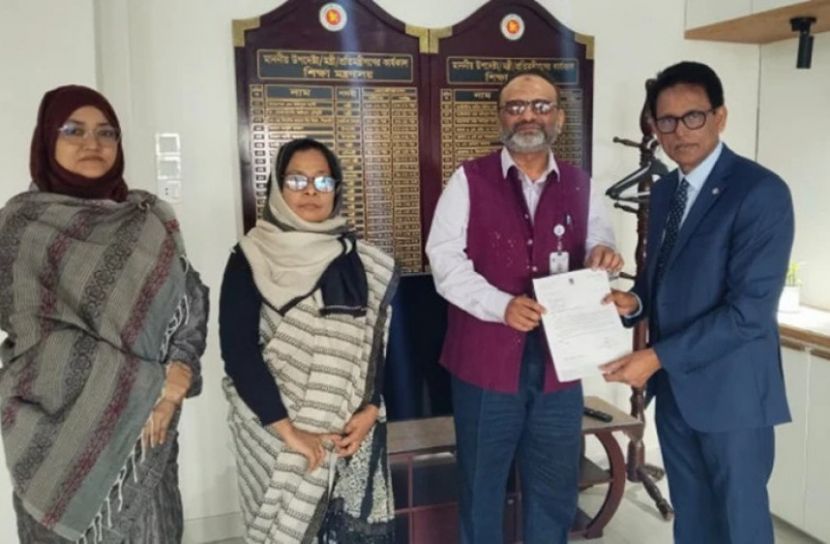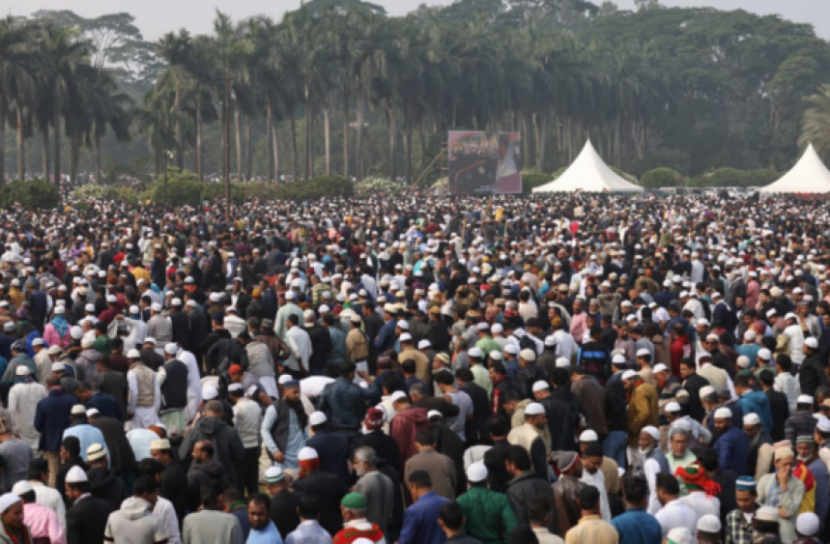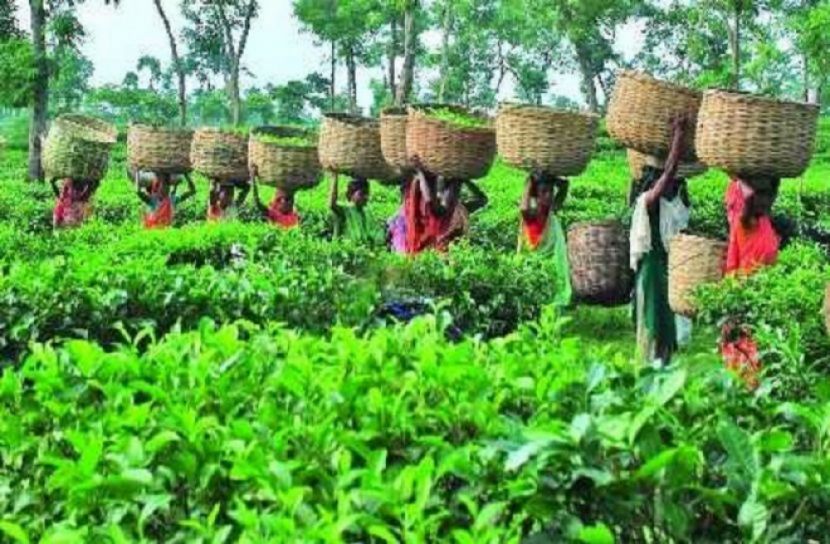
Inward remittance of the country shrinks by 23%

VC Niaz Ahmed Khan resigns

One dies while attending Janaza!

Bangladesh will not join ICC T20 World Cup in India

Staff Correspondent: The journey of tea industry through the Malnichhara tea garden of Sylhet in 1854 by the British. Commercial tea production began in 1857 and drinking tea has become the national way of life.
In the beginning, tea was the drink of the aristocracy of the society. Today's situation is the result of British efforts to popularize tea. Tea workers have had to pay the highest price for it. They have been living in the tea garden for 17 years. Tea workers still live in tea gardens.
There are more than 160 gardens traveling from one garden to another. Tea gardens are growing, production is rising, profits are rising, not just wages. The wages of the wage board are not even paid as a living wage.
In addition, the Wage Board is currently composed of representatives of three parties, but it is basically one party. The employer, the government and the worker's representative are also nominated by the employer. As a result, they are basically one party in the name of three parties. The exception is not happening in the case of tea workers. But the harvest of labor and sweat of the workers is this golden day of tea.
In 1979, Bangladesh was ranked 12th in the world in tea production. Moved to ninth place in 2019. In 2017, with the production of 96 lakh kg more than the target, a total of 8 crore kg of tea was produced, which is the highest record in the history of Bangladesh. In 2019, the total production was 9 crore 80 lakh 69 thousand kg with the production of 2 crore 10 lakh kg more than the target.
According to the data of tea sales in 2019-20, the average price of tea was Tk 198 per kg, the highest price was Tk 298.25 per kg and the lowest price was Tk 101. The average production cost of tea is 160-180 Taka per kg. The average profit per kg of tea is Tk. 26-38. According to the average price of tea board auction, the price of raw tea leaves is Tk. 25.75 per kg.
On the other hand, to get a daily wage of Tk 102, you have to pick up 23 kg of tea leaves. In the tea season, the workers lift 40 to 50 kg of tea leaves by working hard in the hope of earning extra income. But if you take 23 kg of tea, you get Tk. 102 that is a little more than Tk. 4.43 per kg. But for an extra 23 kg, the workers get an average of Tk. 3.60 per kg. There are a maximum of 2,500 to 500 workers in Baganveda.
In the past, tea workers received rice, flour, pulses, sugar-molasses, salt, soap, kerosene, etc. as rations, but now a tea worker is given 3 kg 280 grams of rice or flour per week. But this rice or flour is not edible and is given when the price is low. Out of 10 lakh tea workers, only one lakh permanent tea workers get this facility.
I would like to know from the government, the owners and the labor leaders who have signed the agreement when the price of coarse rice is Tk. 40-45 per kg, potato Tk. 50-55, onion Tk. 100, pulses Tk. 100-110 and no vegetables below Tk. 60-70 in the market.
According to the bilateral agreement, the weekly allowance at the rate of Tk. 1.30 is 3.26 kg, 13.06 kg ration, Jogali Sardar and primary care workers are daily wage workers, 28 days wage is divided into two working days depending on the festival allowance (bonus).
It was originally included in the contract as a maternity allowance instead of 120 days, including the incentive allowance, gratuity and the company's recommendation to pay dividends.
Newsletter
Subscribe to our newsletter and stay updated.


